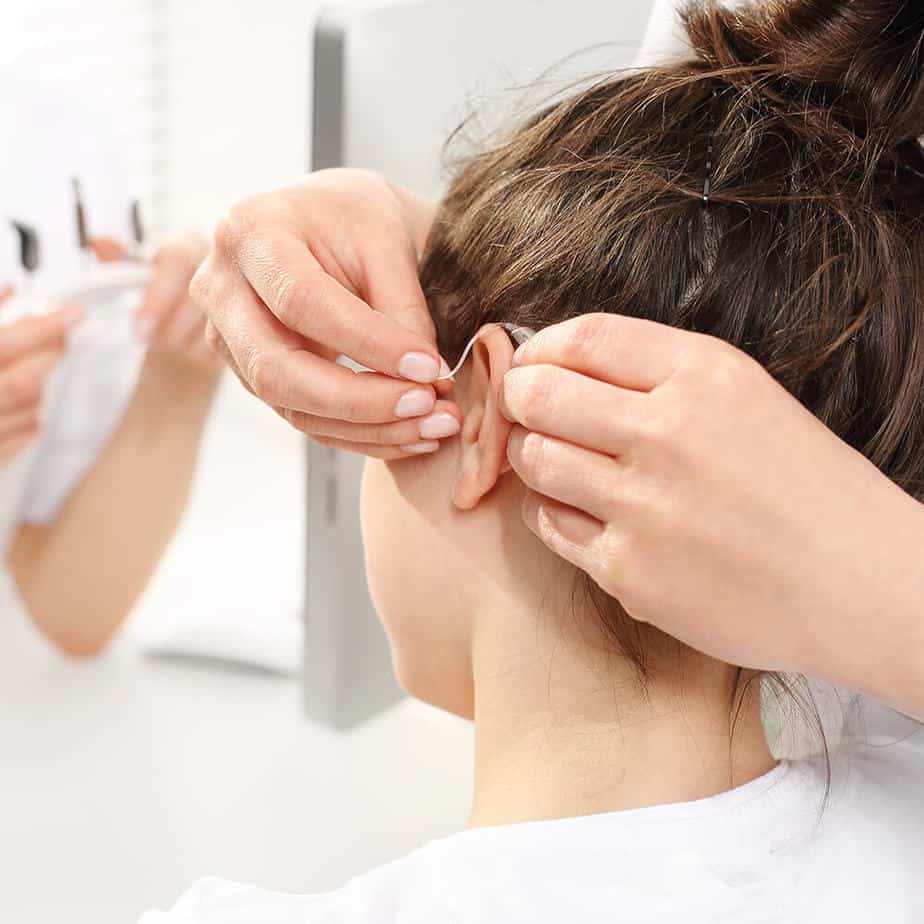Innovative Solutions for Hearing Loss – Exploring Hearing Aid Center Services
Hearing loss, a prevalent condition affecting millions globally, necessitates innovative solutions that cater to individual needs. Hearing aid centers have evolved significantly to offer comprehensive services beyond traditional hearing aids. These centers now provide a spectrum of innovative solutions, addressing various degrees and types of hearing impairments. Cutting-edge advancements in technology have revolutionized these centers, introducing a plethora of sophisticated hearing devices that adapt to diverse lifestyles. These devices are not just amplifiers; they are equipped with intelligent features like noise reduction, Bluetooth connectivity, and personalized settings, enhancing user experience and comfort.
 Modern hearing aid centers prioritize individualized care through thorough assessments conducted by qualified audiologists or hearing care professionals. These assessments delve into understanding the unique nature of each individual’s hearing loss, lifestyle, and preferences. Through comprehensive evaluations, these centers offer tailored solutions, recommending the most suitable hearing aids or assistive listening devices. Moreover, they educate clients on proper device usage, maintenance, and adjustment to ensure maximum benefit. Beyond traditional hearing aids, these centers explore other innovative solutions, Chappell Hearing Aid Services in Fort Worth such as cochlear implants and bone conduction devices, catering to individuals with severe to profound hearing loss or specific anatomical challenges. Cochlear implants bypass damaged parts of the ear, directly stimulating the auditory nerve, while bone conduction devices transmit sound through bone vibrations, aiding those with conductive hearing loss or anatomical issues.
Modern hearing aid centers prioritize individualized care through thorough assessments conducted by qualified audiologists or hearing care professionals. These assessments delve into understanding the unique nature of each individual’s hearing loss, lifestyle, and preferences. Through comprehensive evaluations, these centers offer tailored solutions, recommending the most suitable hearing aids or assistive listening devices. Moreover, they educate clients on proper device usage, maintenance, and adjustment to ensure maximum benefit. Beyond traditional hearing aids, these centers explore other innovative solutions, Chappell Hearing Aid Services in Fort Worth such as cochlear implants and bone conduction devices, catering to individuals with severe to profound hearing loss or specific anatomical challenges. Cochlear implants bypass damaged parts of the ear, directly stimulating the auditory nerve, while bone conduction devices transmit sound through bone vibrations, aiding those with conductive hearing loss or anatomical issues.
Furthermore, hearing aid centers increasingly focus on connectivity and integration within the digital realm. They offer consultations on smartphone-compatible apps and accessories, allowing seamless integration of hearing devices with smartphones, TVs, and other smart devices. This connectivity not only enhances the user experience but also enables remote adjustments and teleaudiology services, ensuring continuous care and support from anywhere. Importantly, hearing aid centers extend their services beyond device provision. They offer rehabilitation programs and counseling to help individuals adapt to their hearing aids and cope with the emotional and social impact of hearing loss. Communication strategies and auditory training sessions are often provided to improve speech understanding and maximize the benefits of hearing devices in various environments.
Moreover, these centers engage in ongoing research and development, collaborating with technology companies and researchers to innovate further. They actively participate in clinical trials, contributing to the evolution of next-generation hearing solutions, aiming for enhanced performance, comfort, and accessibility for individuals with hearing impairments. In conclusion, hearing aid centers have transformed into comprehensive hubs of innovation and care, offering a wide array of personalized services and cutting-edge solutions. With a focus on individual needs, technological advancements, and holistic support, these centers strive to improve the quality of life for those with hearing loss, empowering them to reconnect with the world of sound.
